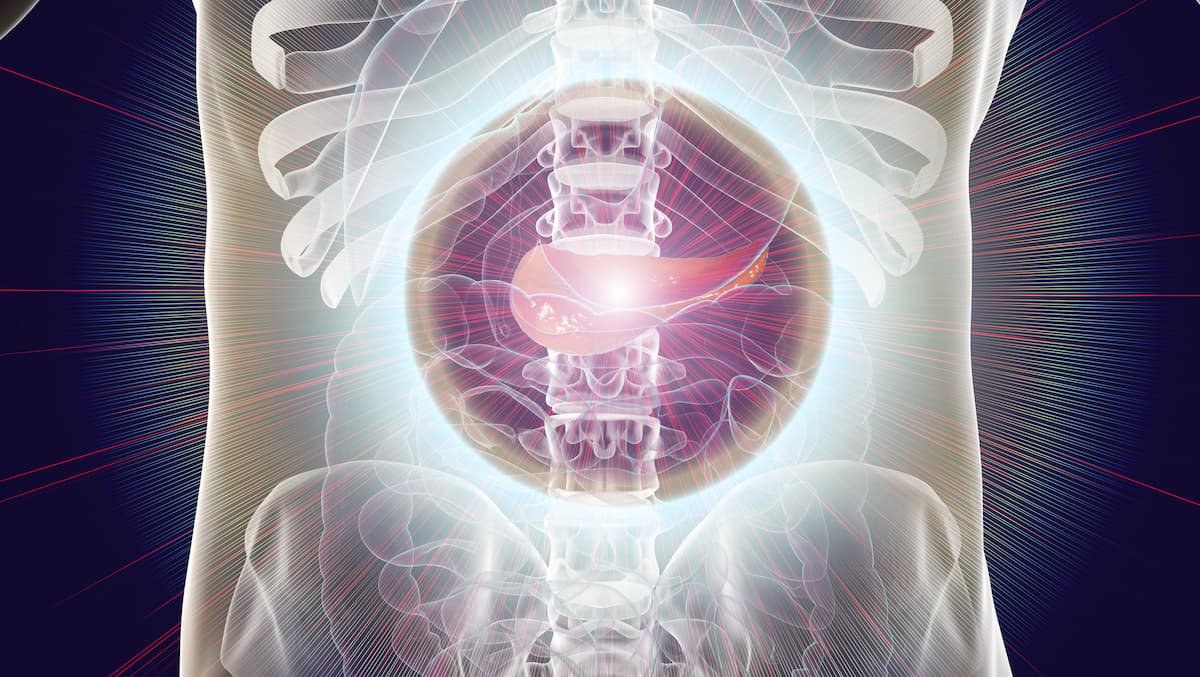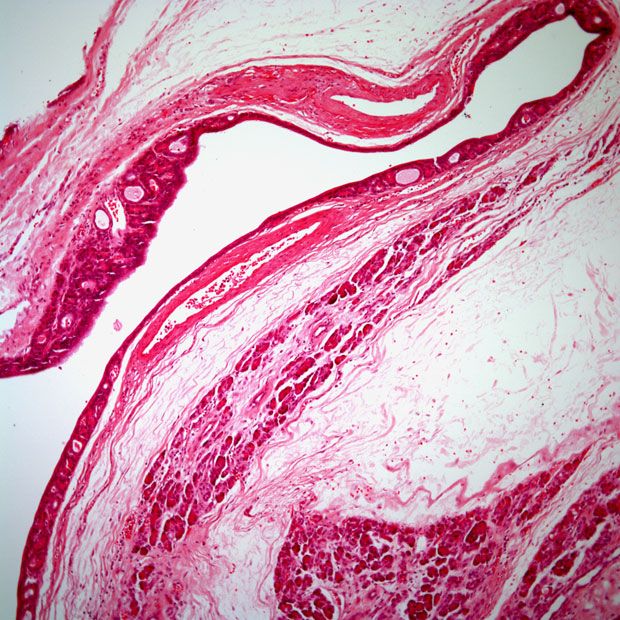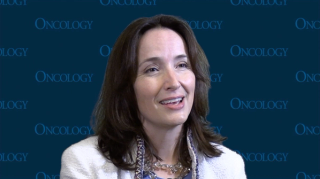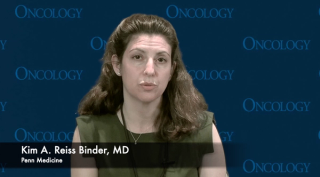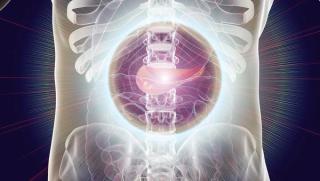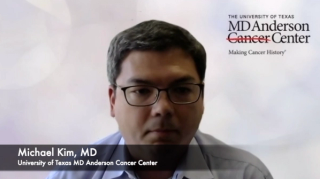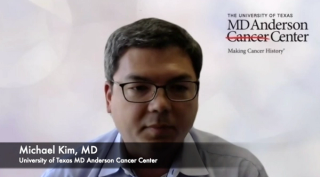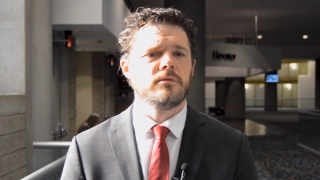
Pancreatic Cancer
Latest News
Latest Videos

CME Content
More News

Findings from the phase 3 NAPOLI 3 trial support NALIRIFOX as a novel reference regimen for first-line metastatic pancreatic ductal adenocarcinoma.
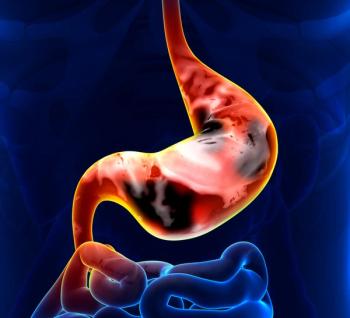
Medicaid expansion may help overcome inequities in access to care for pancreatic and gastric cancers, with notable benefit in Black patients, according to an expert from The University of Texas MD Anderson Cancer Center.

A positive R0 resection rate helped to confirm the noninferiority of minimally invasive distal pancreatectomy compared with open distal pancreatectomy in those with resectable pancreatic cancer.
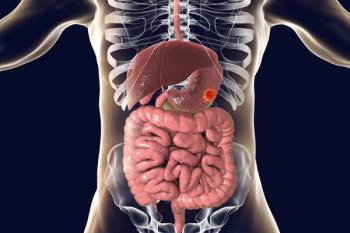
Claudin 18.2–targeting antibody-drug conjugate ATG-022 is under assessment as part of the phase 1 CLINCH study in patients with advanced or metastatic solid malignancies.
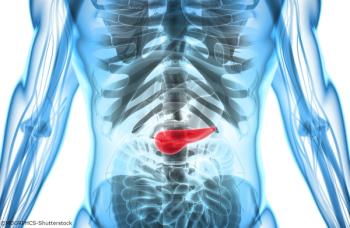
Mitazalimab is currently under investigation in combination with chemotherapy as a treatment for patients with metastatic pancreatic ductal adenocarcinoma in the phase 2 OPTIMIZE-1 trial.
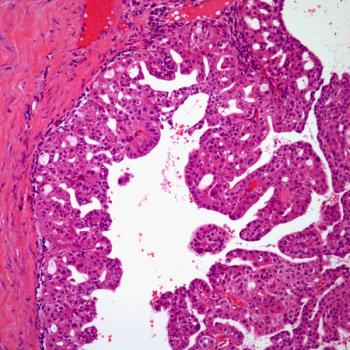
PYX-201 is currently being investigated in a phase 1 trial in patients with solid tumors.
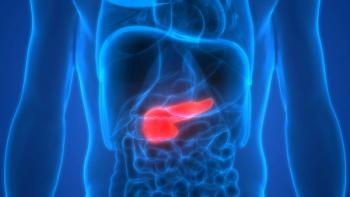
Data from a Chinese phase 1/2 trial suggest that osemitamab monotherapy may yield prolonged responses in Claudin18.2-expressing pancreatic cancer.

A first-in-human phase 1/2a trial will assess anti-PAUF monoclonal antibody PBP1510 in advanced/metastatic pancreatic cancer.

Data from the phase 3 TIGeR-PaC trial indicates that patients with locally advanced pancreatic cancer experienced notable survival benefit with RenovoGem vs chemotherapy.

An expert from the University of California, Los Angeles suggests that the NALIRIFOX may be a beneficial treatment for patients with pancreatic ductal adenocarcinoma.

Patients with metastatic pancreatic ductal adenocarcinoma who receive NALIRIFOX tend to have more gastrointestinal toxicity while nab-paclitaxel/gemcitabine results in more cytopenias, according to an expert from University of California, Los Angeles.

Results from the phase 1/2 CodeBreaK 100 trial indicate that sotorasib yields positive anticancer activity and safety in patients with pancreatic cancer harboring KRAS p.G12C mutations.
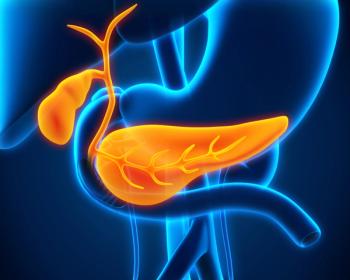
Adjuvant chemotherapy following multiagent neoadjuvant chemotherapy and surgical resection produced better overall survival among patients with pancreatic ductal adenocarcinoma vs those who did not receive adjuvant treatment.
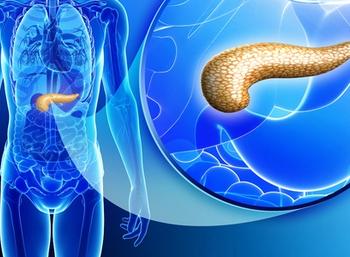
Investigators report evidence of early efficacy with SEA-CD40, chemotherapy, and pembrolizumab in patients with metastatic pancreatic ductal adenocarcinoma.
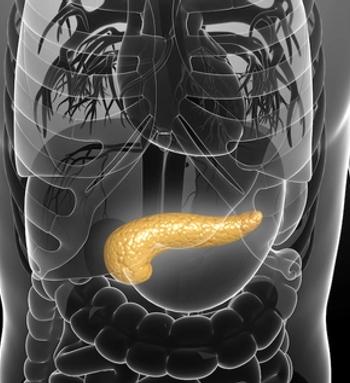
A combination of liposomal irinotecan plus 5-fluorouracil, leucovorin, and oxaliplatin in the frontline yields a statistically significant survival benefit compared with nab-paclitaxel and gemcitabine in a population diagnosed with metastatic pancreatic ductal adenocarcinoma.

The FDA grants orphan drug designation to investigational G-quadruplex transcription inhibitor QN-302 for pancreatic cancer.

Among patients with metastatic pancreatic ductal adenocarcinoma, mitazalimab plus chemotherapy yielded a positive objective response rate in the phase 2 OPTIMIZE-1 trial.

Data from the phase 1/2 CodeBreaK 100 trial indicated that 84% of patients with KRAS G12C-mutated pancreatic cancer treated with sotorasib experienced disease control.

The FDA’s approval of new indications and dosing regimens of capecitabine across several cancer types, including breast cancer and colon cancer, marks the first drug to receive an update under the agency’s Project Renewal program.
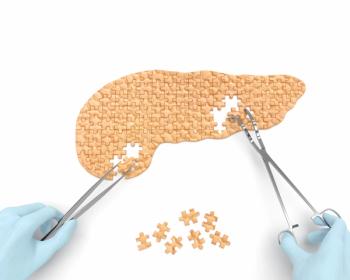
Patients with metastatic pancreatic ductal adenocarcinoma—the most common type of pancreatic cancer—may benefit from treatment with irinotecan liposome injection in combination with fluorouracil/leucovorin and oxaliplatin, according to findings from the phase 3 NAPOLI3 trial.
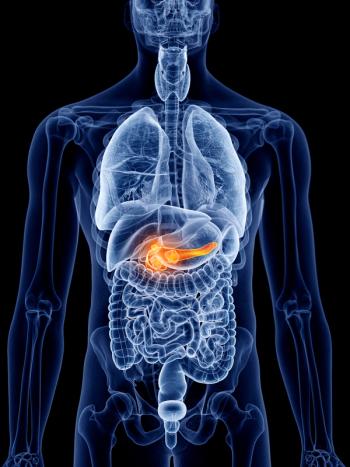
Patients with gastroenteropancreatic neuroendocrine tumors may benefit from treatment with radionucleotide therapeutic 177Lu-edotreotide, which received fast track designation from the FDA.

Results from the phase 2 CheckPAC trial indicated that stereotactic body radiotherapy plus nivolumab and ipilimumab produced a promising clinical benefit rate for patients with refractory metastatic pancreatic cancer.
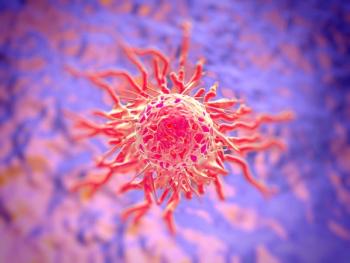
Disease-free survival was not reached with perioperative nor adjuvant chemotherapy with gemcitabine plus nab-paclitaxel in patients with resectable pancreatic cancer, although neoadjuvant chemotherapy yielded a numerical improvement in overall survival, according to data from the phase 2 NEONAX trial.

Patients with pancreatic cancer may benefit from treatment with ATG-101, which was granted orphan drug designation by the FDA.
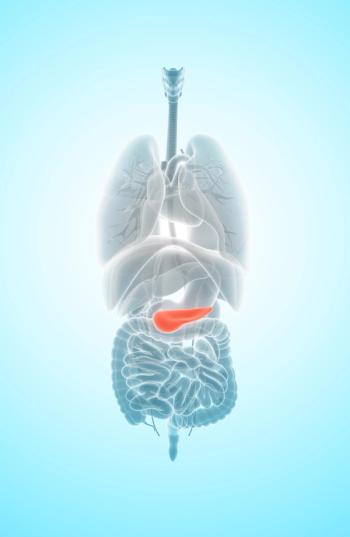
An ongoing phase 1 trial is assessing the potential of SY-5609 plus chemotherapy in patients with advanced solid tumors, with the FDA granting orphan drug designation to the combination for patients with relapsed metastatic pancreatic cancer.



